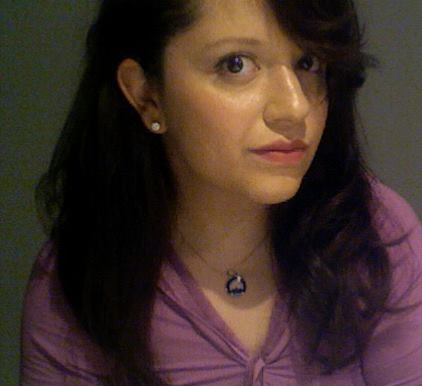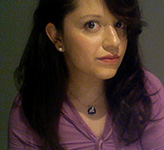Spotlight: This Is How I Say Goodbye
[creative nonfiction]
I haven’t been to the place where my father isn’t buried, only ashes and the idea of him. I haven’t said my goodbyes over the patch of grass where his body doesn’t lay, stretched out as I imagine him in his dark bed the last moments of his life. Instead, my goodbyes scatter throughout the decade of his illness; through all the things it took from him and from me, through all the voids it left behind.
My father and I were always reflections of each other, both people of few spoken words. We were able to sit in silence, each aware the presence of the other was enough to fill the space between our two quiet bodies. Often times the only sound was the clink of a spoon on a bowl full of cereal from a bag I had to open once his fingers no longer could. By then we’d said goodbye to our Sunday breakfast in restaurants. By then he needed two hands to feed himself.
In his final years his body became thin, and his pajamas fluttered around the angles of his bones like a flag staked in the ground, always a whispered reminder: I’m still here. But I had already mourned the father in suits who taught me to always do my best. Have respect for even the simplest things you do and do them well, he would tell me when I was still small and sitting under his desk. I played with his staple remover while he talked; I liked to pretend the metal prongs were a monster’s jaws. But now I’m thirty-one, my advice-giver is gone, and the monster is no longer something I can hold in my hands.
Sometimes I imagine scattering his ashes and other times I think I’ll just sit at his gravestone with nothing to say. I’ve spent entire evenings re-imagining our last phone call, and I constantly ask myself what it is I’d really want to tell him if I could. But the answer is still nothing. What I want more than anything can’t be done or said. It’s simply his presence. One more time, I want to sit next to him in stillness without having to speak; no hello or goodbye or even I love you—I don’t need to say what he already knew.
The tangle of long-term, terminal illness is that death is both always and never quite real, so when the end finally comes there is no abrupt and dramatic departure. It passes more like phases of a cold moon, eventually leaving nothing but darkness behind. When he died, I felt as though I’d been waving to him from a great distance for many years. I grieved each layer of the man he once was as it peeled back to reveal someone new, and I became lost when the last piece was finally torn away. I struggled with letting go until I realized that the only goodbye I truly need to say is to this part of my life. I have to step over the line, into the world that now exists without him, to gather everything he left behind—all of the words and memories, left just for me.
In the silence of my grief I’ve found an empty space to put my father back together. In my mind and my heart I can return to him what his many years of suffering took away. I can reconstruct him in all of his forms until he is whole again, free from his illness, where he can rest quietly beside me, saying absolutely nothing at all.






